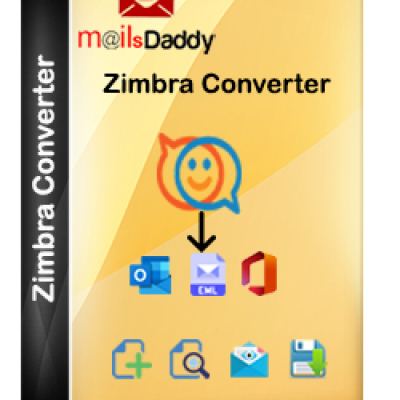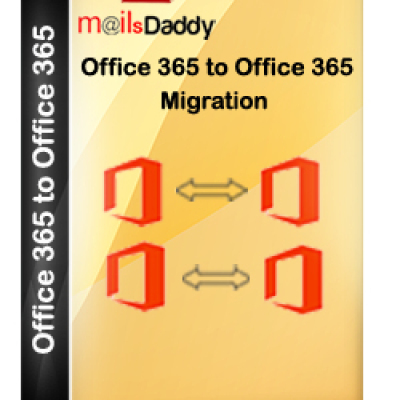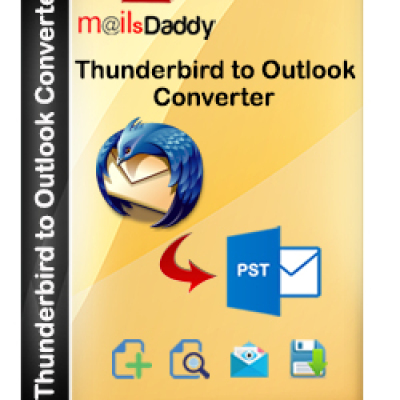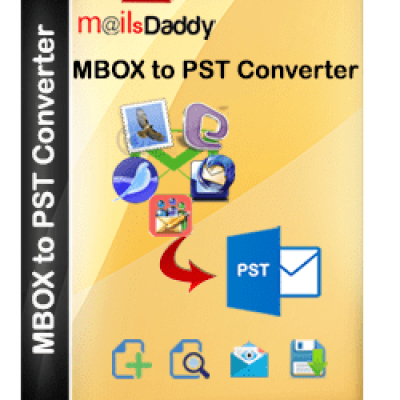Unraveling Business Accounting Mysteries: A Guide to Conceptual Mastery
Embarking on the journey of business accounting, students often find themselves wrestling with fundamental concepts essential for navigating the financial intricacies of organizations. As a seasoned business accounting expert, I've observed a common struggle among students seeking assistance, particularly when faced with conceptual questions. The widespread demand for "business accounting homework help" underscores the significance of comprehensive support in achieving conceptual clarity. In this blog, we will delve into the pivotal importance of understanding business accounting concepts, shedding light on one essential area. Additionally, we'll explore a theoretical example question to underscore the significance of fostering a deep understanding of these fundamental principles.
Business Accounting Topic: Depreciation Methods
Depreciation methods are a critical topic in business accounting that often pose challenges for students. The choice of depreciation method impacts how a company allocates the cost of its assets over time. Let's explore a theoretical example question to shed light on the importance of comprehending depreciation methods in business accounting:
Theory Example Question:
Q: Define and explain the concept of depreciation in business accounting.
Depreciation is a fundamental concept in business accounting that revolves around the systematic allocation of the cost of a tangible asset over its useful life. This accounting practice is vital because it accurately reflects the wear and tear, obsolescence, or reduction in value of assets as they contribute to the generation of revenue over time.
Understanding the Basics:
Cost of Asset:
When a company acquires a tangible asset, such as machinery, vehicles, or buildings, it incurs a specific cost associated with that asset. This cost includes the purchase price, delivery charges, installation fees, and any other costs necessary to get the asset ready for use.
Useful Life:
Every tangible asset has a finite period during which it is expected to contribute to the company's operations effectively. This period is known as its useful life and is determined based on factors such as industry standards, technological advancements, and the company's estimation.
Salvage Value:
The salvage value is an estimate of the asset's residual value at the end of its useful life. It represents the amount the company expects to receive if it decides to sell or dispose of the asset after its useful life.
Depreciation Methods:
Several methods are used to allocate the cost of an asset over its useful life. Two common methods are:
Straight-Line Depreciation:
This method evenly distributes the cost of the asset over its useful life. The annual depreciation expense is calculated by subtracting the salvage value from the cost of the asset and then dividing by the number of years of useful life.
Double-Declining Balance Depreciation:
This method accelerates the depreciation expense, assigning a higher depreciation amount in the earlier years of the asset's life. The formula involves taking twice the straight-line rate and applying it to the remaining book value.
Implications for Financial Statements:
Income Statement:
The annual depreciation expense is recorded on the income statement, reducing the company's net income. This reduction accurately reflects the cost of using the asset during that specific period.
Balance Sheet:
The accumulated depreciation is recorded on the balance sheet, representing the total depreciation expense recognized since the asset's acquisition. The net book value of the asset (cost minus accumulated depreciation) provides a realistic view of its current value.
Conclusion:
In the realm of business accounting, conceptual clarity is the foundation for academic success and professional competence. Students seeking assistance through "business accounting homework help" should recognize the importance of mastering foundational topics like depreciation methods. As a business accounting expert, my advice is to actively engage in the learning process, seek guidance when needed, and prioritize a deep understanding of core concepts. Theoretical questions, such as the one explored in depreciation methods, unveil the intricacies of business accounting, empowering students to navigate these challenges and contribute meaningfully to financial reporting in their academic and professional journeys.
visit: https://www.domyaccountingassi....gnment.com/do-my-bus
#domyaccountingassignment #businessaccounting #homeworkhelp
Fire
Thought
Post









